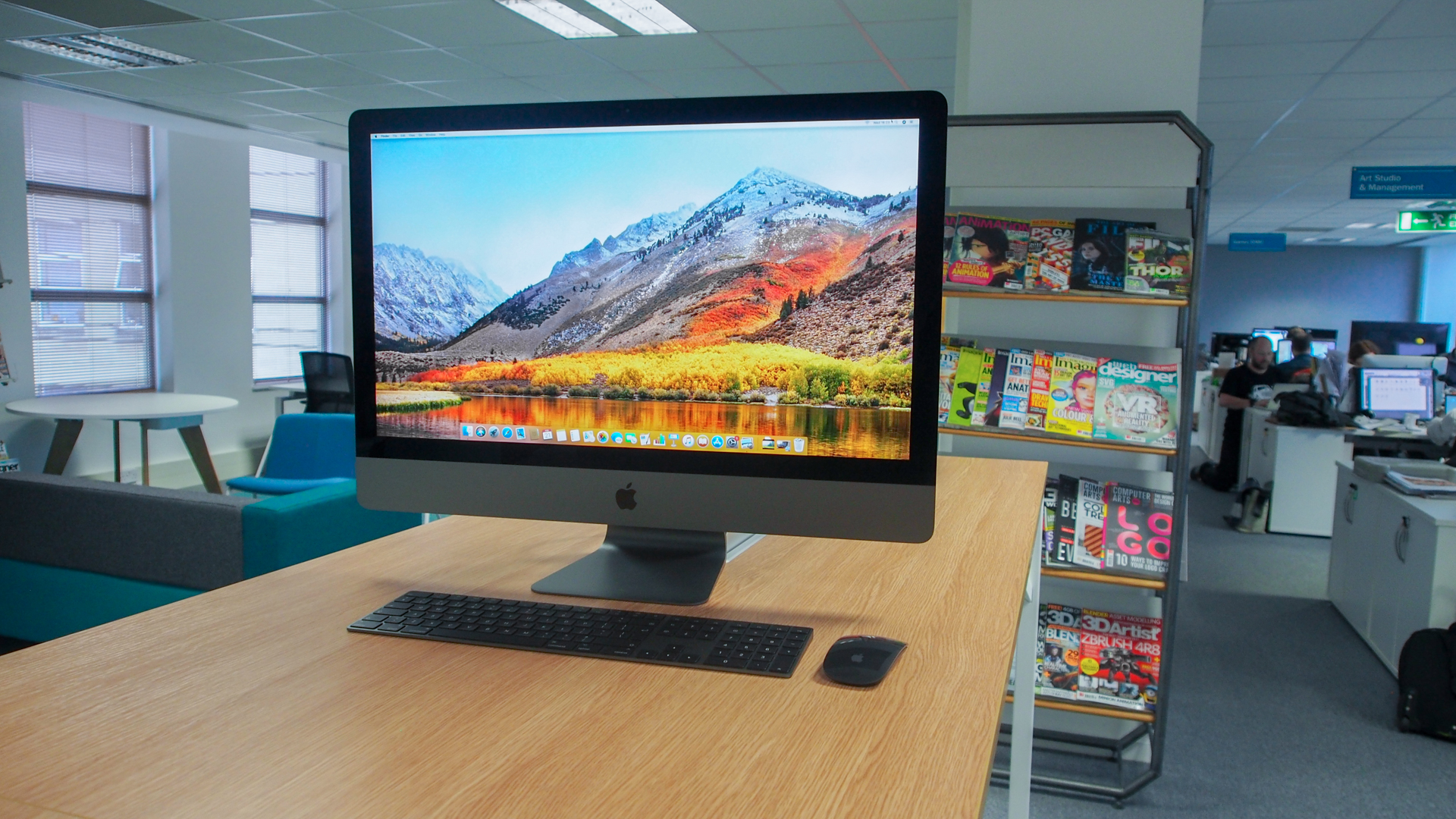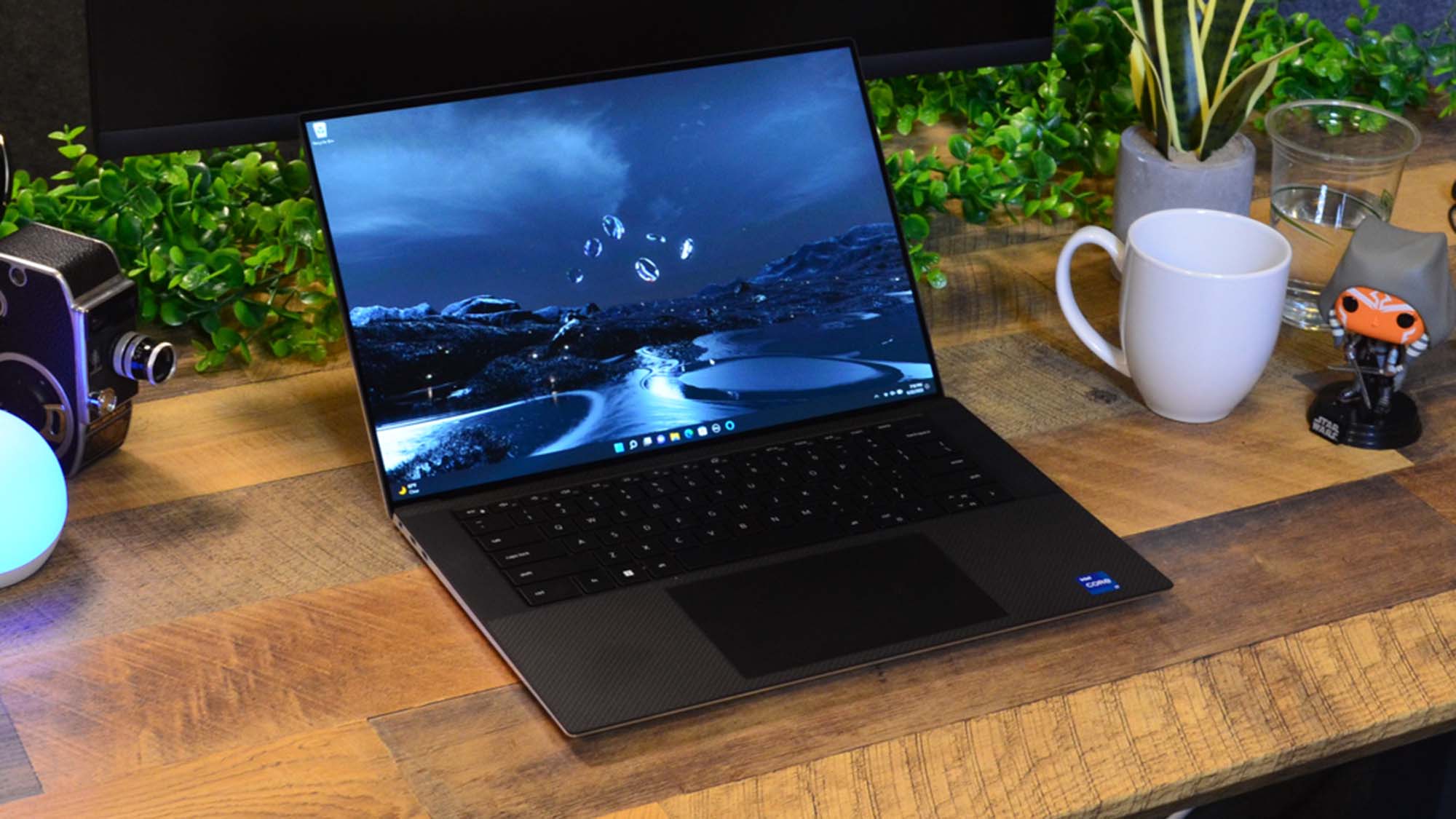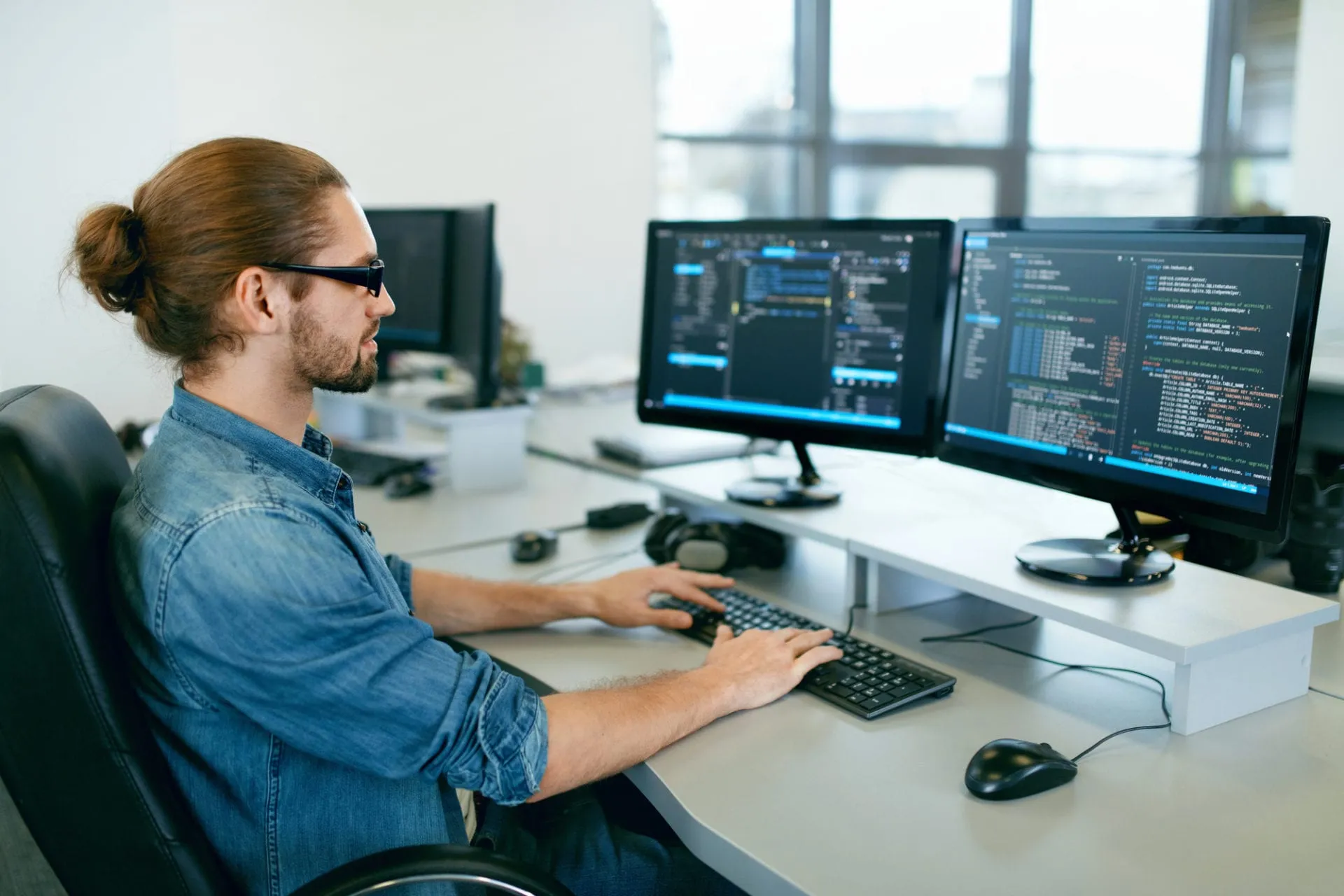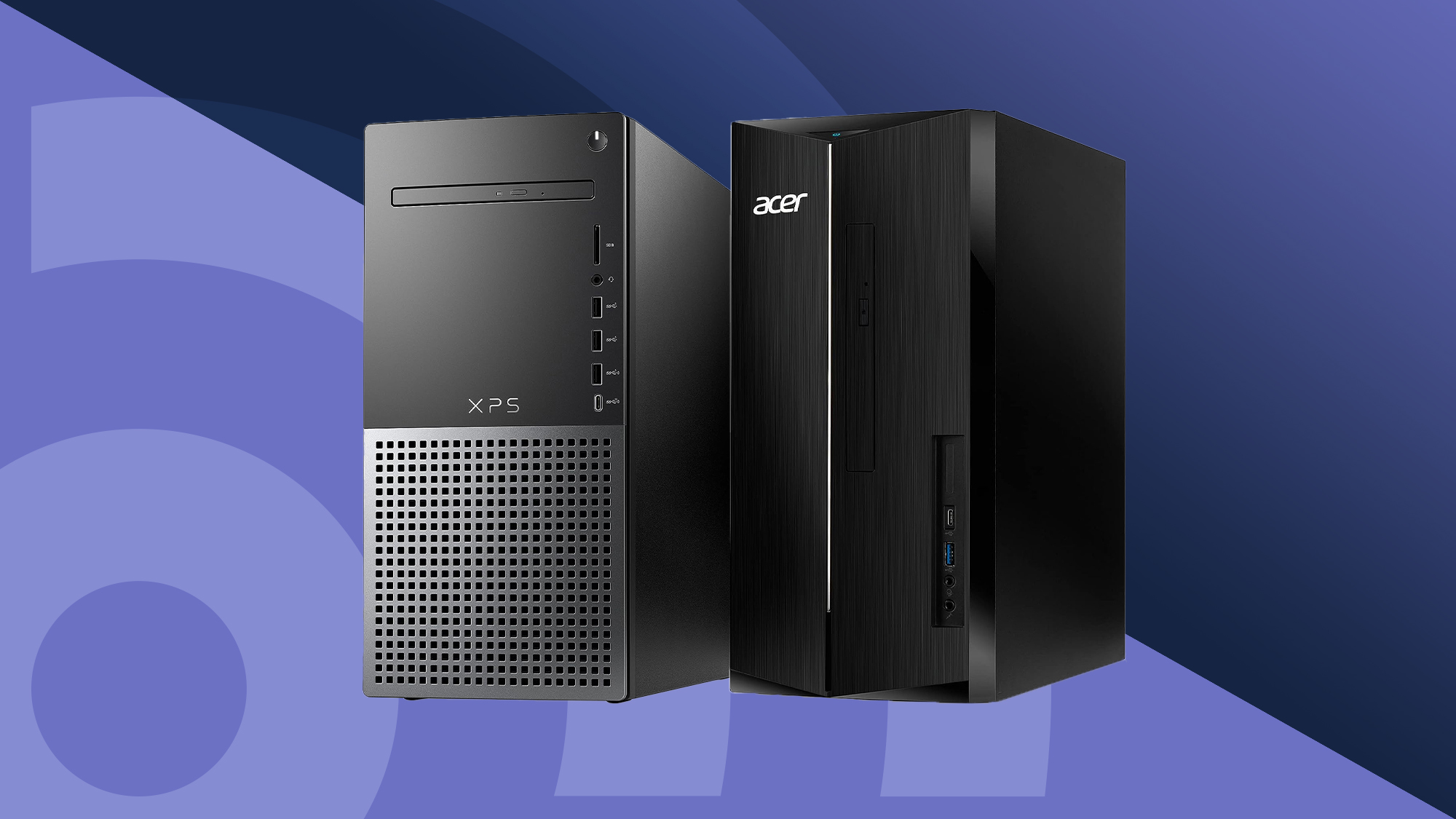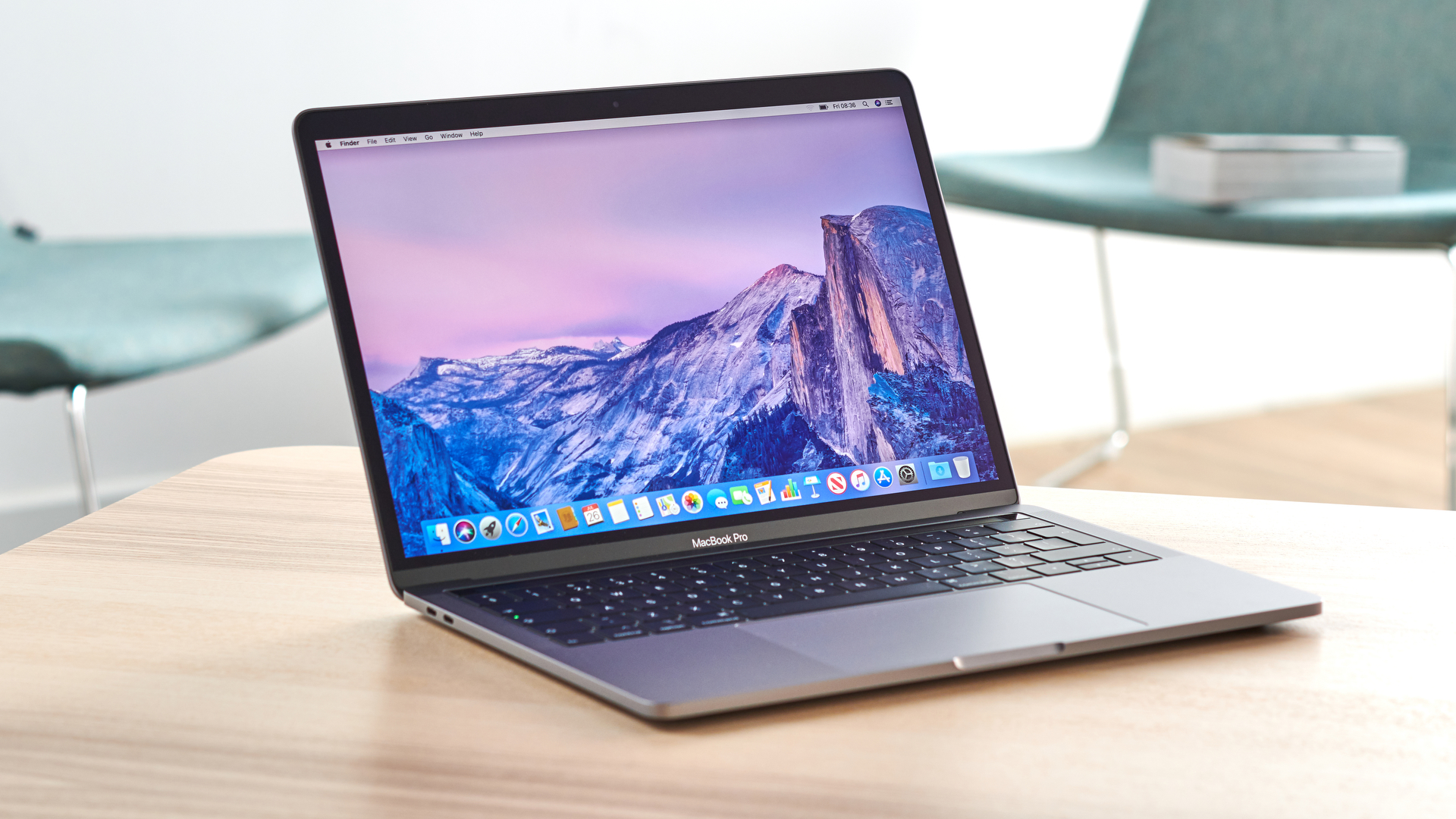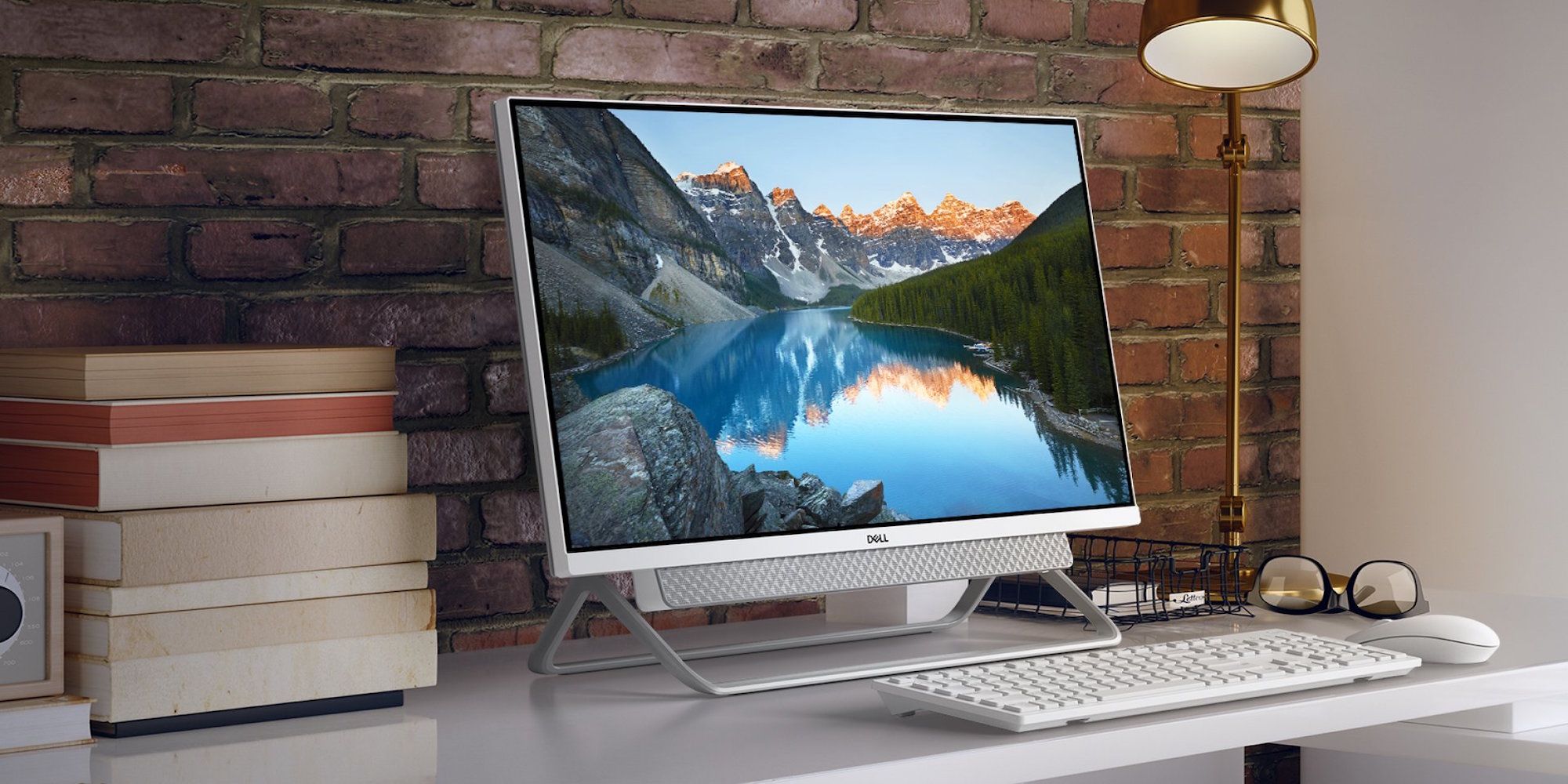What Computer Is Best For Business

Running a business on a shoestring? You're not alone! This guide is for the ultimate cost-cutter, the business owner who squeezes every last drop of value from every dollar. We're diving deep into the world of business computers, finding the sweet spot between performance and price.
Why even bother with dedicated business computers? Sure, that old hand-me-down might power on, but outdated tech costs you time, efficiency, and ultimately, money. A reliable computer is a crucial investment that pays off.
The Bargain Hunter's Shortlist
Here's a quick rundown of our top picks, categorized by budget and needs:
- For the Bare Bones Startup: Refurbished Dell OptiPlex/HP ProDesk (Under $300)
- For the Growing Small Business: Acer Aspire TC Series (Around $500)
- For the Power User on a Budget: Lenovo IdeaCentre Gaming 5i (Around $800 - Surprisingly versatile!)
- For the Road Warrior: Refurbished ThinkPad or Dell Latitude Laptop (Under $500)
Detailed Reviews: Squeezing Every Drop of Value
Refurbished Dell OptiPlex/HP ProDesk
These are the workhorses of the corporate world, now available at rock-bottom prices. Don't let "refurbished" scare you; many come with warranties and are perfectly functional for basic office tasks.
Expect a Core i5 processor, 8GB of RAM, and a small SSD. Perfect for web browsing, email, and basic office applications.
Beware of older models with spinning hard drives; make sure it has an SSD!
Acer Aspire TC Series
A step up from the refurbished options, the Acer Aspire TC offers decent performance for the price. It usually packs a newer generation Intel Core i5 or AMD Ryzen 5 processor, 8-16GB of RAM, and a combination of SSD and HDD storage.
This is suitable for multitasking, moderate spreadsheet work, and even light graphic design.
The integrated graphics card is a bottleneck for anything beyond basic gaming.
Lenovo IdeaCentre Gaming 5i
Yes, it's a gaming PC, but hear us out! These often offer superior performance per dollar compared to traditional business desktops.
They feature powerful processors (Intel Core i5 or Ryzen 5), dedicated graphics cards (though lower-end), and ample RAM. This means faster processing speeds and the ability to handle more demanding tasks.
The "gamer" aesthetic might not be for everyone, but the raw power is undeniable for the price.
Refurbished ThinkPad or Dell Latitude Laptop
Portability is key? A refurbished business-class laptop is the way to go. Look for ThinkPads and Latitudes; they're built to last.
Expect a durable chassis, decent battery life, and a comfortable keyboard. A Core i5 processor and 8GB of RAM is a good starting point.
Pay close attention to battery health and screen condition before buying!
Specs & Performance: By the Numbers
Here's a side-by-side comparison of our top contenders. Note that performance scores are approximate and can vary based on specific configurations.
| Computer | Processor | RAM | Storage | Geekbench 5 Score (Single-Core) | Approx. Price |
|---|---|---|---|---|---|
| Refurbished Dell OptiPlex | Intel Core i5 (4th-6th Gen) | 8GB | 256GB SSD | 800-1000 | $200-$300 |
| Acer Aspire TC | Intel Core i5 (10th-12th Gen) / Ryzen 5 | 8-16GB | 256GB SSD + 1TB HDD | 1200-1500 | $450-$550 |
| Lenovo IdeaCentre Gaming 5i | Intel Core i5 (10th-12th Gen) / Ryzen 5 | 8-16GB | 256GB SSD + 1TB HDD | 1200-1500 | $700-$900 |
| Refurbished ThinkPad | Intel Core i5 (6th-8th Gen) | 8GB | 256GB SSD | 900-1100 | $300-$500 |
What Do Users Say?
Customer satisfaction is crucial. Here's a general overview, compiled from various online reviews and forums:
- Refurbished Desktops: High satisfaction regarding value for money; lower satisfaction on aesthetics and potential for minor issues.
- Acer Aspire: Generally positive reviews for performance and ease of use; some complaints about bloatware.
- Lenovo IdeaCentre Gaming: Excellent performance for the price; some users dislike the gaming-oriented design.
- Refurbished Laptops: Satisfaction depends heavily on the vendor and condition; crucial to buy from reputable sources.
Maintenance Costs: The Long Game
Don't just think about the upfront price! Consider the long-term cost of ownership.
Refurbished computers may require more frequent repairs. Factor in the potential cost of replacement parts and labor.
Newer computers are generally more reliable but could require more expensive replacement parts. Consider extended warranties.
Remember to factor in electricity costs; energy-efficient components save money in the long run.
Summary: The Bottom Line
Choosing the best computer for your business is about balancing cost and performance. A refurbished desktop offers incredible value for basic tasks. An Acer Aspire provides a good balance of power and price. A Lenovo IdeaCentre Gaming 5i delivers surprising performance on a budget. A refurbished ThinkPad provides portable productivity.
Carefully weigh your needs, budget, and tolerance for potential maintenance issues.
Consider the long-term cost of ownership, including electricity and potential repairs.
Take Action!
Ready to upgrade your business's tech without breaking the bank? Start by defining your specific needs and budget. Research reputable vendors for refurbished equipment. Compare specifications and read customer reviews. Armed with this knowledge, you'll be well-equipped to make a smart investment.
Now, go find that perfect bargain!
Frequently Asked Questions (FAQ)
Q: Is buying refurbished really safe?
A: Yes, if you buy from a reputable vendor with a warranty. Check their return policy and read customer reviews carefully.
Q: How much RAM do I really need?
A: 8GB is a good starting point for basic tasks. 16GB is recommended for multitasking and more demanding applications.
Q: SSD vs. HDD: What's the difference?
A: SSDs (Solid State Drives) are much faster than HDDs (Hard Disk Drives). An SSD for the operating system and frequently used programs will significantly improve performance.
Q: What's the best operating system for business?
A: Windows is still the most widely used operating system in the business world, due to its compatibility with a wide range of software. ChromeOS can be a budget-friendly alternative for cloud-based workflows.
Q: Do I need a dedicated graphics card?
A: Only if you're doing graphic design, video editing, or other visually intensive tasks. Integrated graphics are sufficient for most office applications.
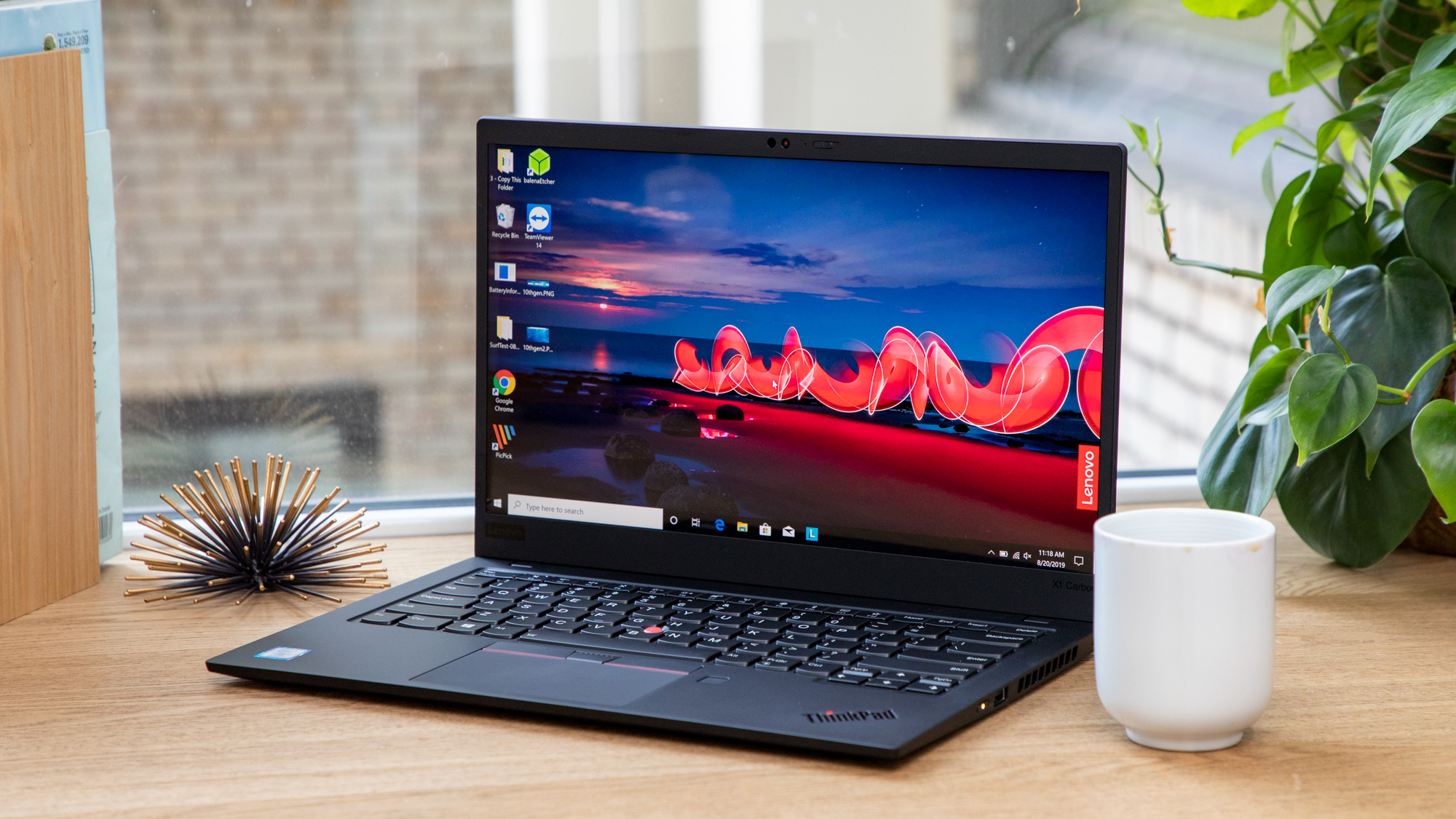

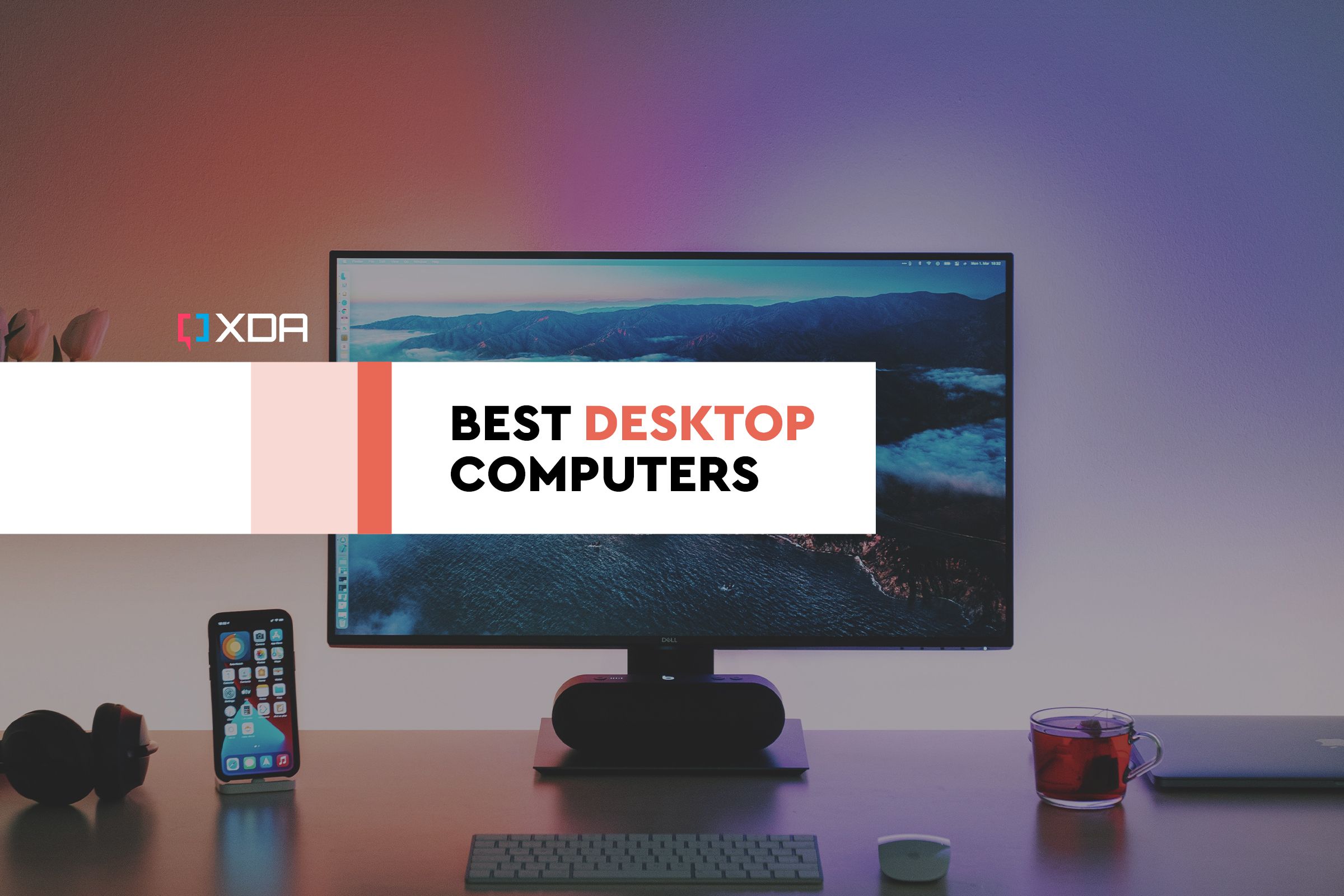
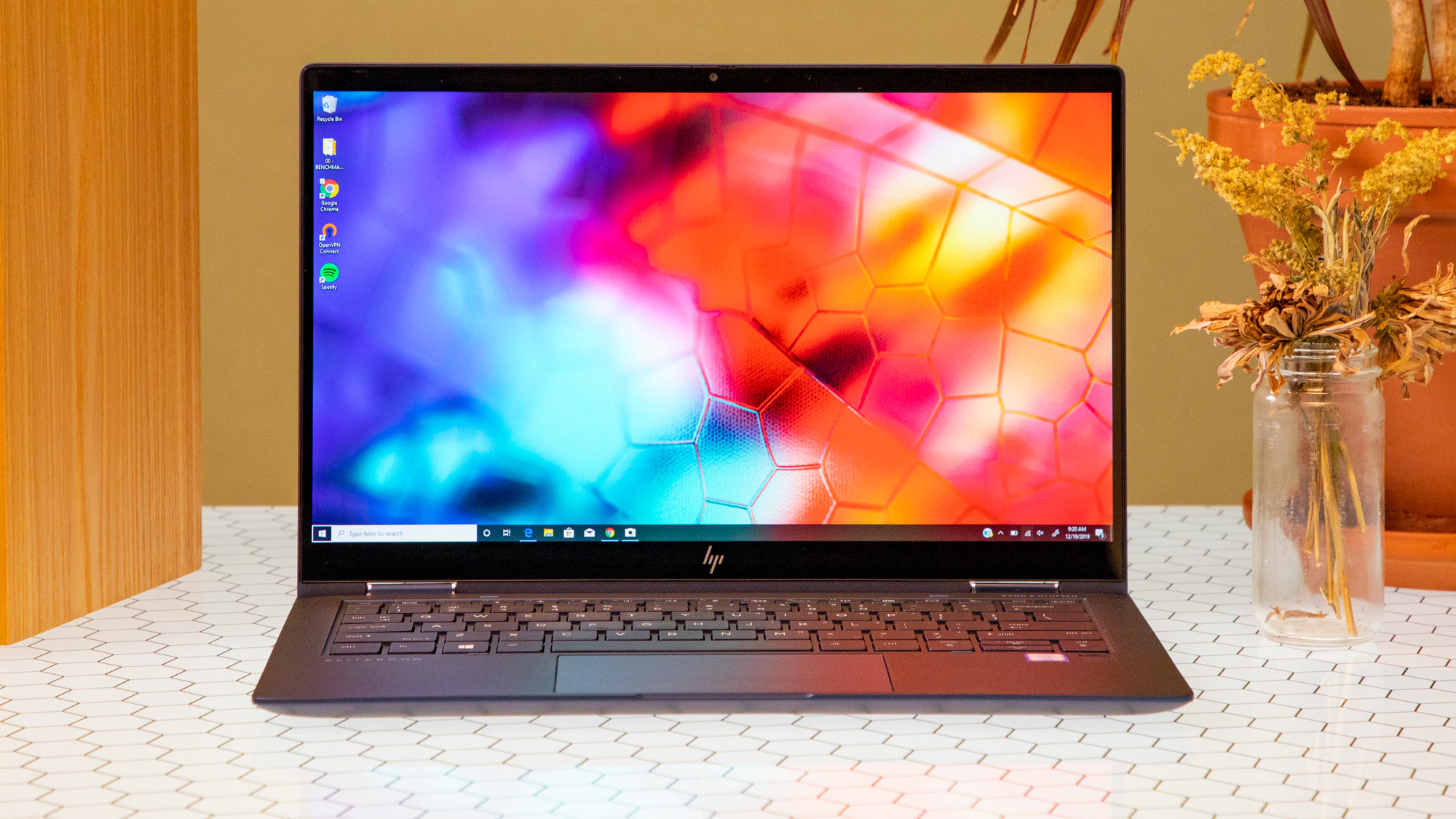

/4065134-4-5c315e9a46e0fb0001ca20f2.jpg)


